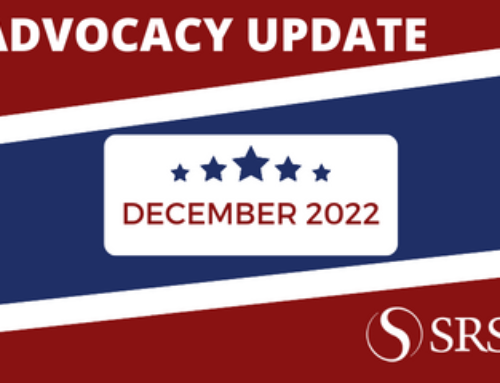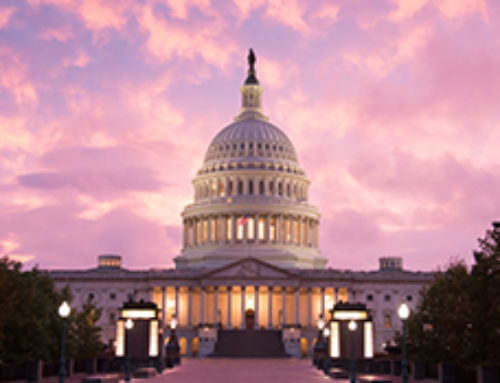Last week, the Senate Labor-HHS-Education (LHHS) Appropriations Subcommittee marked up and approved its FY 2018 LHHS Bill. The Senate was very generous in regards to committee recommendations for sleep, particularly with language on NCSDR and Sleep Phenotypes. View the full memo.
In brief:
National Institutes of Health (NIH) – $36.1 billion, a $2 billion increase over FY2017, including:
- $400 million for the BRAIN Initiative to map the human brain, a $140 million increase
- $344.3 million for the Institutional Development Award, a $11 million increase
- $290 million for the All of US precision medicine study, a $60 million increase
- $80 million for the National Cancer Institute’s precision medicine program, a $10 million increase
- $533.1 million for the Clinical and Translational Science Award, a $17 million increase
- Prohibition on capping Facilities & Administrative costs at 10 percent
Centers for Disease Control and Prevention (CDC) – Essentially level-funded from FY 2017.
Rejection of the proposal to consolidate individual disease-specific programs into a state-based block grant
Health Resources and Services Administration (HRSA) – Funding restored for health professions training programs (COE, HCOP, and AHEC)
Health Care Fraud and Abuse Control (HCFAC) – $745 million, a $20 million increase above FY2017
Department of Education – $68.3 billion in discretionary funding, $29 million above the FY2017 level.
The first discretionary increase in the maximum Pell grant in over a decade, a 1.7 percent increase, from $5,920 to $6,020





